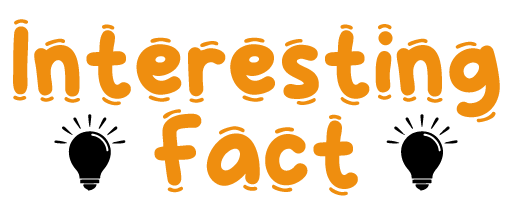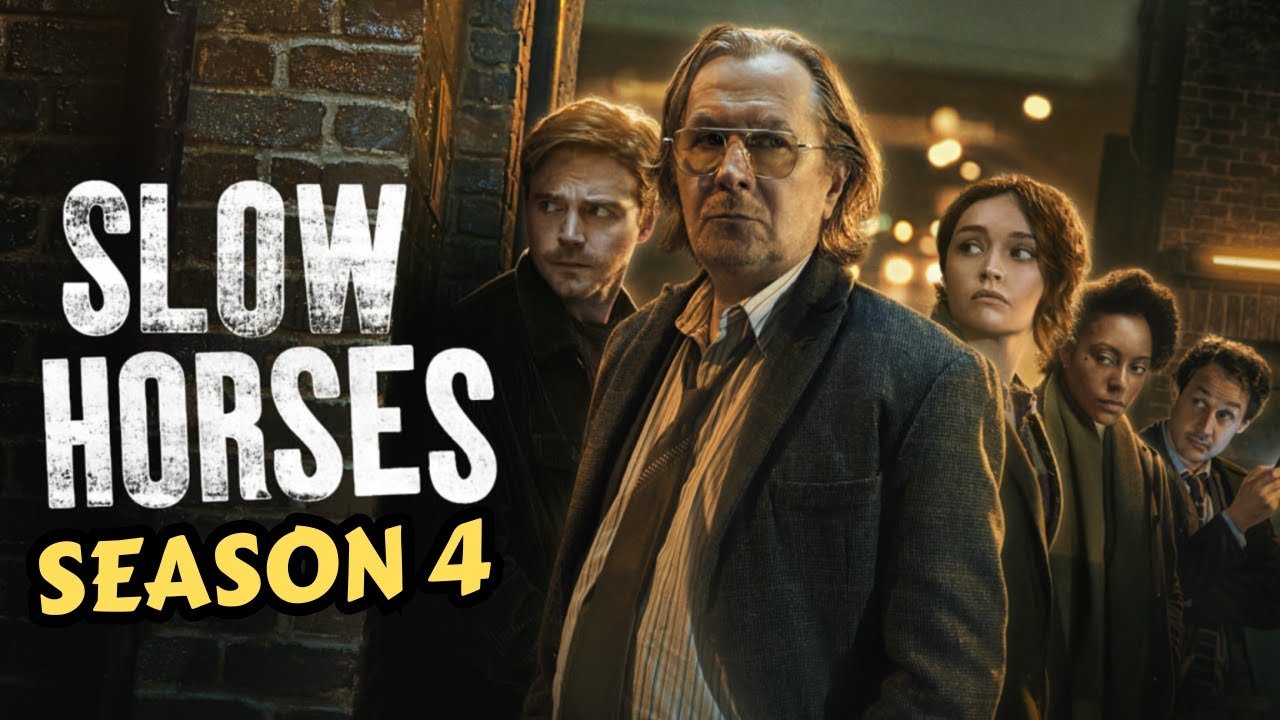In horror cinema, few films capture the eerie atmosphere and chilling dread quite like The Dark and the Wicked. Released in 2020, this psychological horror film, written and directed by Bryan Bertino, stands out for its unsettling narrative and exploration of grief, family trauma, and supernatural horror. As one of the most talked-about horror films in recent years, it evokes a range of emotions—fear, confusion, and deep, existential reflection.
This article dives deep into the film The Dark and the Wicked, exploring its themes, symbolism, and impact on horror enthusiasts and casual viewers alike. You’ll understand why the film has become a modern horror classic by the end.
What Is The Dark and the Wicked?
The Dark and the Wicked is a haunting tale of two siblings, Louise and Michael, who return to their rural family farm to care for their dying father. What begins as a quiet, sad reflection on family duty quickly becomes a nightmare as dark, evil forces invade their lives. The film masterfully builds tension, combining subtle psychological horror with terrifying supernatural elements.
Though the plot is relatively simple, the execution of The Dark and the Wicked is where it truly shines. It is a slow-burn horror film that relies on the atmosphere and the psychological toll of grief, loss, and isolation rather than jump scares or gore. The sense of dread is palpable and lingers long after the credits roll.
Key Plot Points:
- Siblings Louise and Michael return to their family farm.
- Their father is gravely ill, and they are tasked with caring for him.
- As the days pass, strange and disturbing events begin to occur.
- The siblings soon realize they are not alone on the farm.
- Supernatural forces, possibly tied to their father’s impending death, begin to torment them.
The Core Themes of The Dark and the Wicked
At its heart, The Dark and the Wicked mediates the fear of death, the inevitability of suffering, and the presence of evil in the world. While the supernatural forces at play are central to the horror, the emotional and psychological experiences of the characters are equally significant. Let’s break down some of the major themes explored in the film.
Grief and Loss
Grief is one of the most prominent themes in The Dark and the Wicked. The siblings are dealing with the impending death of their father, and the weight of this loss affects them deeply. The film portrays not just the emotional strain of caring for a dying loved one but the way that grief can manifest in supernatural or even sinister ways.
- Grief as a Catalyst for Horror: The slow decline of their father is the first signal that something is wrong. His illness acts as a metaphor for the inevitable death that each of us must face and the grief that accompanies it.
- Family Bonds: The sibling relationship is central to the story. The strain of losing a parent forces them to confront past wounds, unresolved issues, and their mortality.
Fear of the Unknown
Another key element in The Dark and the Wicked is the fear of the unknown. As the siblings experience terrifying phenomena on the farm, they are never entirely sure whether the events are real or the result of their mounting anxiety and grief.
- Psychological vs. Supernatural: The film does an excellent job of blurring the line between psychological horror and supernatural events, leaving viewers to question whether the dark forces are real or simply products of the characters’ troubled minds.
- Isolation: The film’s setting on a remote farm adds to isolation, intensifying the fear of being trapped with no one to help. The characters are isolated not only physically but emotionally as well, which makes the terror all the more intense.
The Power of Evil
The Dark and the Wicked also delves into the concept of pure evil. It doesn’t just suggest that something malevolent exists—it shows how this force can take root in ordinary places. This evil, while unexplained, feels primal and unrelenting.
- Evil as an Inescapable Force: The supernatural elements in the film feel like a manifestation of a deeper, cosmic evil. There is no real explanation for why these things happen, and this lack of clarity makes the evil all the more terrifying.
- Possession and Corruption: The siblings’ gradual descent into fear and madness feels like a form of possession, with evil taking hold of them from the inside out.
Symbolism in The Dark and the Wicked
Beyond its surface-level horror, The Dark and the Wicked is filled with rich symbolism that adds Depth to its narrative. These symbols reinforce the film’s death, fear, and the supernatural themes.
The Farm as a Symbol of Death
The rural farm where the film takes place serves as a powerful symbol. It’s a place where life begins and ends, and in many ways, it represents the cyclical nature of existence. The farm’s slow decay mirrors the family’s decline and the inevitability of death.
- Decay and Death: The farm, once a place of life and activity, is now a decaying, lonely space. This mirrors the father’s aging and the impending doom that hangs over the family.
- Isolation: The remoteness of the farm symbolizes emotional isolation. The siblings must face their fears alone, cut off from the outside world.
The Use of Darkness
The title, The Dark and the Wicked hints at the film’s use of light and darkness as metaphors for good and evil, knowledge and ignorance. Darkness in the movie is not just the absence of light—it’s the presence of something evil.
- The Darkness as Evil: The darkness isn’t just a setting for the horror—it is the horror. The film frequently uses shadow and dim lighting to create an atmosphere of dread and uncertainty.
- Light as Truth: Occasionally, light breaks through the darkness, but even these moments feel fragile and fleeting, suggesting that the truth is elusive and difficult to grasp.
The Characters and Their Struggles
At the center of The Dark and the Wicked are its two main characters, Louise and Michael. The way they each deal with their father’s illness and the creeping terror in the house adds emotional weight to the film. Their richly drawn characters serve as metaphors for different responses to grief and fear.
Louise’s Journey
Louise, the older sibling, is deeply affected by her father’s illness. She is the one who most directly faces the supernatural forces on the farm, and her descent into fear and despair is heartbreaking to watch.
- The Weight of Responsibility: Louise feels a heavy responsibility toward her father, which ultimately takes a toll on her mental state. Her experiences with the supernatural manifest her overwhelming sense of duty and helplessness.
- Personal Struggles: Louise’s character also grapples with unresolved guilt and trauma, which makes her especially vulnerable to the evil forces in the house.
Michael’s Journey
Michael, on the other hand, is more reluctant to face the reality of their father’s illness and the strange events on the farm. His journey is one of resistance and disbelief.
- Denial of the Supernatural: Michael initially dismisses the eerie events as figments of imagination, but his resistance gives way to terror as things escalate. His character represents the logical, skeptical response to fear—a response ultimately overridden by evil’s undeniable presence.
The Impact of The Dark and the Wicked on Horror Cinema
Since its release, The Dark and the Wicked has received widespread acclaim for its originality and ability to craft a story that is both emotionally resonant and genuinely terrifying. It is a testament to the power of psychological horror and its ability to explore deeper themes while delivering a visceral fright.
- A New Wave of Horror: In many ways, the film represents a new direction in horror. It focuses less on gore and more on atmosphere, emotional Depth, and existential fear.
- Critical Reception: Critics have praised the film for its slow-burn tension and how it builds dread without relying on cheap scares. The film’s unsettling mood and atmosphere have made it a standout in modern horror.
Table: The Strengths of The Dark and the Wicked
StrengthDescription
Psychological Horror The film’s slow build of dread and tension is deeply psychological, making it more terrifying than typical slasher films.
Emotional Depth By focusing on grief and family trauma, the film offers more than just scares; it explores universal human experiences.
Symbolism The use of light, darkness, and the setting as symbols enhances the film’s thematic Depth.
Supernatural Elements The film’s use of supernatural horror is subtle but deeply effective, creating an ever-present sense of menace.
Performances The performances, especially from the lead actors, bring authenticity and emotional weight to the story.
Why The Dark and the Wicked Remains a Standout Horror Film
The Dark and the Wicked is more than just another horror film. It explores deep, universal themes wrapped in a chilling supernatural package. Focusing on atmosphere, emotional Depth, and existential dread, it stands apart from many modern horror films that rely heavily on shock value and gore. The film challenges viewers to confront their fears, mortality, and the darkness within us all.
Conclusion: Embracing the Dark and the Wicked
Ultimately, The Dark and the Wicked reminds us of life’s fragility and death’s inevitability. It uses horror not just to scare but to provoke thought and reflection. It invites viewers into a world where the line between the psychological and the supernatural blurs, leaving them with a lingering sense of unease. The darkness and the wickedness may be terrifying, but it’s also a part of the human experience that cannot be avoided or denied.
If you’re looking for a horror film that will leave you thinking long after the credits roll, The Dark and the Wicked is an unforgettable experience that explores fear, grief, and the inescapable nature of evil.
you may also like
How to Write Your Blog Posts 10 Times Faster with SEO in Mind




